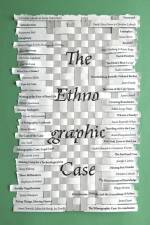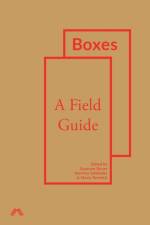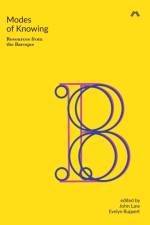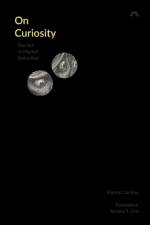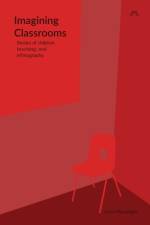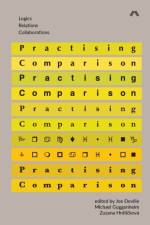- Stories of Children, Teaching, and Ethnography
von Vicki Macknight
29,00 €
In this book we go to five Australian classrooms, bustling with nine- and ten-year-old children. In each classroom, imaginations are being done, not just in minds, but also with bodies, using materials and words, laughter and ideas. Each classroom is part of a different type of school: a Waldorf/Steiner school, an exclusive private school, a middle-class government school, a diverse Catholic school, and a school for intellectually disabled 'special' children. And at these five schools, we see imagination being done - to represent, to transform, to empathise, to work with others, and to think. The book's characters are children and teachers, with teachers working through the school day to give children the skills they will need to think, to think with and about others, and to be creative. What we notice are habits of imagining being instilled. These range from getting children to close their eyes and imagine accurate representations, through to getting them to imagine how others feel, to getting children to make new connections between thoughts and feelings. We wonder about the implications of these habits for good knowing and good doing. At the same time, the book shines a critical lens onto the imaginative practices of ethnographers and participant-observers, to help us think about how we define, how we class, and how we analyse our data. Ethnographers, too, have habits of imagining, representing, empathising, and connecting, and noticing these habits can help us do them better. How are academic practices both material and imaginative? How might we make sure our work is both as accurate and as ethical as possible? Macknight argues that imagination is not just something hidden in minds - it is something we do. This, then, is a book about how to do imagination better for thinking, for making, and for living together.


